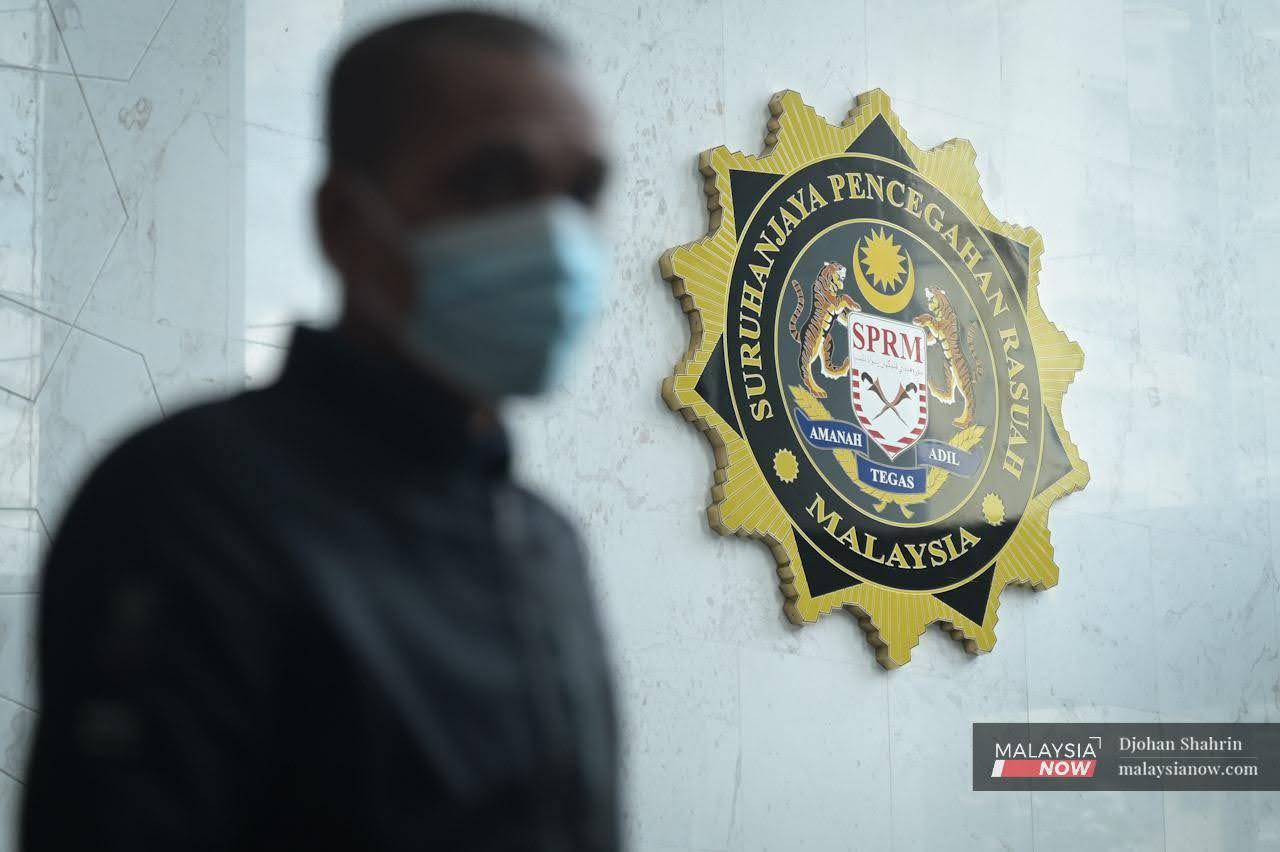MACC probe of judge who convicted Najib valid, says legal expert
Haidar Dziyauddin says the act employed by MACC has nothing to do with Article 125 of the Federal Constitution.
A legal expert says the investigation by the Malaysian Anti-Corruption Commission (MACC) into the judge who convicted former prime minister Najib Razak in the SRC International case is valid and within the purview of the act alloted to the anti-graft agency.
Speaking to MalaysiaNow, Haidar Dziyauddin said the use of the MACC Act 2009 applies to all Malaysian citizens including judges, adding that the commission had done nothing wrong in launching the investigation.
He also said that the act employed by the MACC in this case had nothing to do with Article 125 of the Federal Constitution as the investigation concerned elements of criminal misconduct, not disciplinary issues.
“Those who issue statements saying that MACC was wrong to have taken action might be confused with the jurisdiction of the tribunal and the code of ethics committee provided for in Article 125 of the constitution,” he said.
“MACC was only using the act provided for it, which can be applied to all citizens. Judges are also citizens of Malaysia.”
MACC said yesterday that it was bound by procedure to investigate any official report or complaint, amid questions by some over its probe of Mohd Nazlan Ghazali related to allegations of unexplained money in his account.
Nazlan, who was a High Court judge in 2020, had found Najib guilty of criminal breach of trust, abuse of power and money laundering in the misappropriation of RM42 million in SRC International funds.
He sentenced Najib to 12 years in jail and fined him RM210 million.
The Malaysian Bar recently criticised MACC’s investigation, describing it as unconstitutional and in violation of the doctrine of the separation of powers.
It also said that the probe affected the independence of the judiciary.
Haidar however said that Article 125 of the constitution only refers to misconduct involving the violation of the code of ethics and discipline, and does not cover other illegal acts including crimes.
“In terms of a judges’ ethics committee, if a judge is found to have breached the code, he can be brought before a tribunal or code of ethics committee,” he said.
“But this committee has no power to impose the punishments provided for in the MACC Act or the Penal Code.”
Under the judges’ code of ethics, he said, there are only two possible decisions – to issue a warning or to suspend the judge for a maximum of one year.
“That’s all. No penalties, compounds or jail,” he added.
Subscribe to our newsletter
To be updated with all the latest news and analyses daily.
